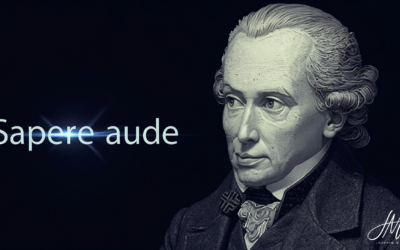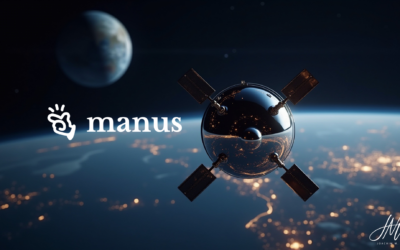The phrase “Hannibal ante Portas” – “Hannibal is at the gates” – once shook ancient Rome and became a symbol of imminent existential danger. The Carthaginian general Hannibal achieved the seemingly impossible: he crossed the Alps with his war elephants and threatened Rome right at its gates.
Today, more than 2000 years later, Europe is facing a new challenge: the recently published memorandum from the US government (Defending American Companies and Innovators From Overseas Extortion and Unfair Fines and Penalties – The White House) to protect American tech companies from “foreign extortion” marks an aggressive counter-proposal to the EU AI Act. Like Hannibal’s war elephants, the US tech giants are at the regulatory gates of Europe.
The new threat
The US memorandum aims to brand European regulatory attempts in artificial intelligence (AI) as “extraterritorial encroachments” and threaten retaliatory measures. The focus here is on the EU AI Act, which will set binding standards for AI systems in the EU from August 2024, including for providers outside Europe.
The parallels with the historical situation are striking:
- Like Hannibal, the US tech giants are using their superior strength (here: market power instead of war elephants)
- Like Rome, the EU is trying to defend its values and standards
- Like back then, it’s about the question of supremacy – today in the digital space
Europe’s lines of defense
The EU AI Act is a modern law designed to protect European values and civil rights. It sets clear limits for the use of AI systems:
- Transparency obligations for AI systems
- Quality and safety standards
- Protection of fundamental rights and privacy
- Documentation obligations for training data
Ways out of the confrontation
In contrast to the Second Punic War, confrontation is not necessarily the only option in the current situation. Europe has the opportunity to go its way and rely on alternative solutions.
- Open source as a strategic option
The use of open source solutions under the Apache 2.0 license offers an opportunity to reduce dependence on US providers.
Open source means that the source code of the software can be viewed, used and further developed by anyone – similar to a public recipe that can be cooked and adapted by anyone.
The Apache 2.0 license is one of the most liberal and most frequently used open source licenses. It allows companies to use, modify and also use the software commercially free of charge, provided that the original developers are named. This enables broad collaboration in the development of AI systems, independent of large technology groups.
- European and international alternatives
Here is a first insight into the diverse European AI landscape, which is constantly evolving:
Hugging Face impressively demonstrates how open source AI can promote European innovation. The originally French company offers a central platform that enables companies to use and further develop AI models securely – comparable to the role that GitHub plays in software development.
For companies, this means access to the latest AI technology with simultaneous cost control and transparency.
Mistral AI from France shows that European AI expertise is on a par with the tech giants. The company makes its powerful AI models available under open source licenses, allowing companies to adapt them to their specific needs.
One particular advantage is that the models can also be operated without an internet connection – an important aspect for sensitive company data.
Lovable, the Swedish start-up, is revolutionizing the way companies develop software. Its “AI Fullstack Engineer” enables even non-technical people to create complex business applications.
Its success speaks for itself: 30,000 companies are already using this technology to drive their digitalization forward – without having to hire additional programmers.
Black Forest Labs is setting new standards in visual content creation with its FLUX AI image generator. The German startup offers various license models – from the free Apache 2.0 license to tailor-made enterprise solutions.
The technology sets new standards in AI image generation: an important step towards the digital sovereignty of European companies.
DeepL from Cologne has established itself as a trustworthy alternative to American translation services. Over 100,000 companies, including Deutsche Bahn and Fujitsu, rely on its precise translations.
Particularly important for European companies: DeepL guarantees GDPR compliance and the highest data protection standards.
Conclusion
The current situation requires a level-headed but determined European response. The EU’s strength lies in shaping standards and promoting alternative technologies. The EU AI Act can catalyze independent and value-based European AI development.
The combination of a clear regulatory framework and the promotion of European alternatives could prove to be a successful strategy for preserving Europe’s digital sovereignty. This is not about compartmentalization but about creating a fair and value-based digital ecosystem.






